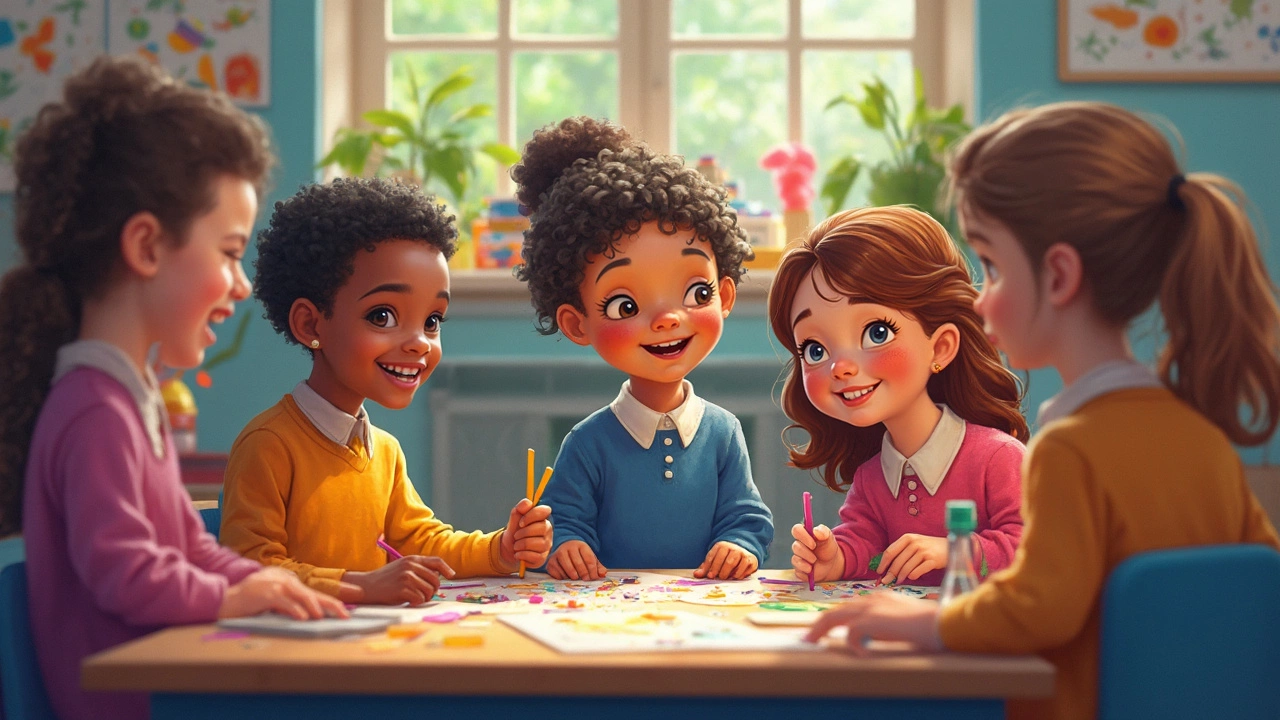Children – Practical Guides and Resources for Parents & Educators
Looking for real‑world help with kids’ learning? You’ve landed in the right spot. This page gathers short, useful advice you can use today, whether you’re planning a preschool activity, helping a youngster with homework, or just curious about how kids learn best.
Everyday Learning Tips for Little Minds
Kids absorb the world through play, so turn everyday moments into learning chances. While cooking, ask them to count teaspoons or name colors. During a walk, point out shapes in the clouds or name the birds you hear. Simple questions like “What do you think will happen next?” spark curiosity and language skills without any extra effort.
Games are another goldmine. A quick game of “I Spy” builds vocabulary, while matching cards improve memory. You don’t need fancy toys—paper, crayons, and a bit of imagination work just fine. Keep the activities short (5‑10 minutes) and let the child lead. When they’re interested, they’ll stay engaged longer.
Study Support When Kids Hit the Books
If a child is moving into more structured study, a few routines can make a big difference. Set a regular study time, keep the space tidy, and limit distractions like TV or phones. Break tasks into bite‑size steps; a 20‑minute reading slot feels far less daunting than “study for an hour.”
Use the “1247 rule” (study for 12 minutes, take a 4‑minute break, repeat 7 times) to keep focus sharp. Encourage the child to explain what they’ve learned in their own words—teaching back is a proven memory booster. And don’t forget praise: a quick “Great job figuring that out!” builds confidence and motivation.
When challenges pop up, ask what’s stopping them. Is the material unclear, or is the environment noisy? Adjusting one small factor often clears the road. If a child struggles with reading, try short, high‑interest books and let them choose topics they love. For math, use everyday items like coins or blocks to turn abstract numbers into concrete objects.
Remember, every child develops at their own pace. Compare less, celebrate progress more. The resources on this site—like our guides on effective revision, brain‑fueling breakfasts, and exam‑day preparation—are written for older learners, but the core ideas (routine, active recall, healthy habits) work just as well for younger children when you simplify the language.
Keep exploring, keep asking questions, and enjoy the learning journey together. With the right mix of play, routine, and encouragement, children can build strong foundations that last a lifetime.
Understanding Awareness in Special Education
Children in special education often perceive their differences through their environment, impacting their self-awareness. This article explores whether special ed kids know they are special, the factors influencing their awareness, and how educators and parents can support them. Discover strategies that foster positive self-identity and inclusion. The goal is to ensure that these children feel confident and understood.
